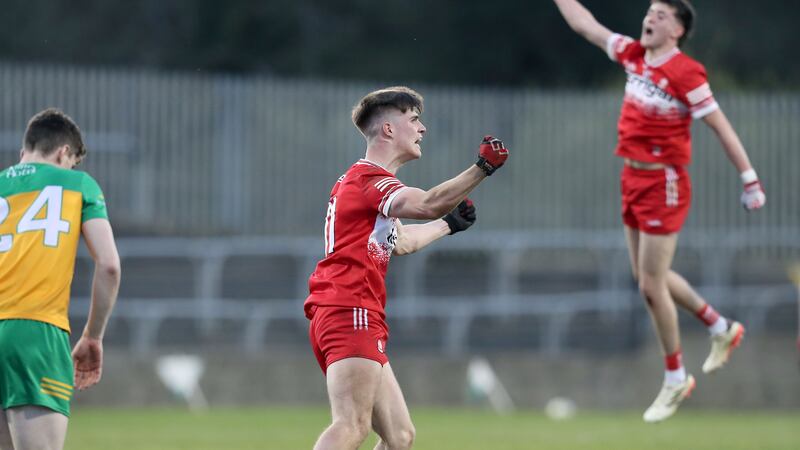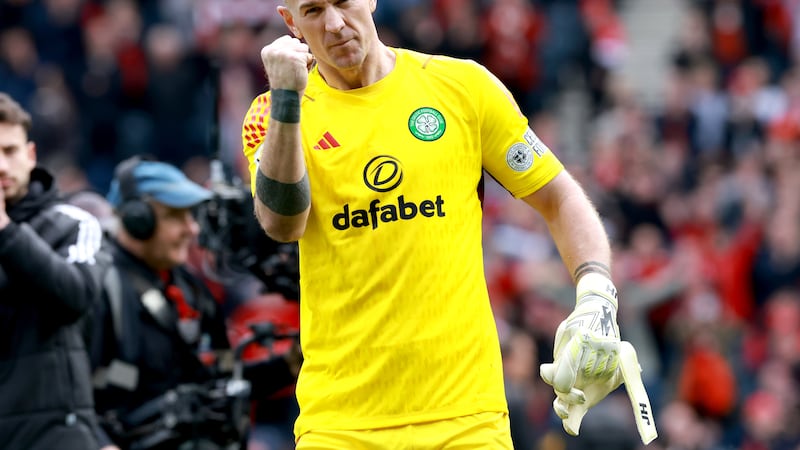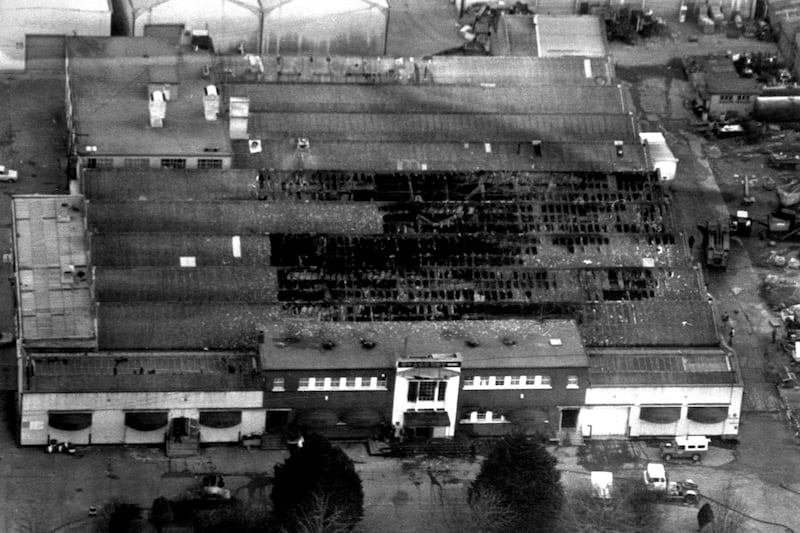WHEN the two best teams in the country meet you hope to get the best match of the year.
Thankfully
[ Dublin and KerryOpens in new window ]
served up a brilliant 70-plus minutes of football on Sunday which was well worth the wait.
The match proved that teams can get numbers behind the ball and still be involved in great games.
All it takes is for teams to combine defensive shape with an attacking gameplan that brings the best out in their players.
Dublin were deserving winners as they dominated the majority of the game, but Kerry showed at stages in the game that the Dubs are not invincible.
It was almost too easy in the opening stages for Dublin; they could well have been out of sight if they had been more ruthless in front of goal.
It was hard to believe that Kerry went in at half-time five points to the good after being totally out-played for the opening 25 minutes.
Looking back at the game, it’s clear that the greater fitness, pace and power of the Dublin team eventually wore Kerry down and was the crucial factor in them winning the game.
Everyone can talk about the money that Dublin have to invest, but they just have more natural athletes than any other county.
Crucially, those athletes are also as skilled as anyone else. It’s a potent combination.
The advantage they have physically is strengthened by the fact that they are able to dominate possession against virtually every team. Stephen Cluxton’s kick-outs almost always guarantee them the ball on their own restarts, while they push up on the opposition kicks meaning they win their fair share of ball.
However, Cluxton had a meltdown towards the end of the first half on Sunday.
Kerry recognised that Cluxton prefers to kick to his right as it is naturally easier for a left-footed player to kick to that side of the pitch.
They put more players in to cover that area and pushed up into covering zones, daring Cluxton to kick over players’ heads.
An unbelievably risky kick-out led to the opening Kerry goal and the Kingdom went on to win three of the next four Dublin kick-outs.
Cluxton was also at fault for the second goal when he went with both fists when going with one would have given him a better chance of clearing the ball.
It shows the impact pressure can have on even the best players and how difficult it is to recover mentally from a crucial mistake.
Kerry’s success on the Dublin kick-outs before half-time begs the question why did they not continue with the tactic in the second half?
The simple answer is that Kerry didn’t have the fitness to push up consistently, whilst still getting players back to cover in front of the full-back line.
It worked before half-time, but over the course of a game Dublin would eventually take advantage of the space in the Kerry defence.
While Cluxton struggled in the period before half time, Kerry also had their own problems on kick-outs in the opening period.
With Dublin pushing up on Brian Kelly’s kicks, Kerry didn’t have the option to go short.
It has almost become the norm for teams to retain possession from their own kick-outs over 70 per cent of the time.
However, Kelly’s kicks were going relatively short, so once Kerry lost the break ball Dublin were only one pass away from creating a scoring chance.
Eamonn Fitzmaurice knew the biggest test his team would face would be maintaining the intensity in their play late in the game. He did all he could with his substitutions to keep the team fresh.
Most managers wait until their players show signs of tiredness, but Fitzmaurice made them early so that they got fresh legs on before Dublin had started to dominate.
In general, they worked as Stephen O’Brien brought a real injection of energy and pace to the team as well as fisting a point, while both Barry John Keane and James O’Donoghue kicked scores.
The decision to take off Paul Geaney was surprising though.
Geaney had been the most dangerous attacking threat for Kerry with his ability to take scores in tight spaces a real highlight.
Dublin looked to have a clear advantage in the middle eight when you looked at the
team sheets in advance.
However, their half-forward line didn’t function at all with both Paul Flynn and Ciaran Kilkenny virtually anonymous.
Diarmuid Connolly got on a lot of ball, but his shooting let him down.
The Dubs are the only team who could still win a game with their half-forward line failing to influence the game as Kevin McManamon and Dean Rock picked up the slack.
Hopefully the second half performance will do away with the myth that Dublin do not get numbers back into defence.
They conceded the kick-out to Kerry in the second half as Kelly played it short to Shane Enright on seven occasions.
Once Kieran Donaghy went off, both Cian O’Sullivan and Philly McMahon played as spare men in defence and Bernard Brogan was left isolated up front for long spells.
The more defensive set-up nullified the attacking threat of Kerry.
The Kingdom’s inside forwards went out of the game and Dublin turned them over in the tackle countless times.
Kerry found themselves in good positions, but ran into trouble, played poor passes and missed some relatively easy chances.
A lot of that was down to the pressure exerted by the Dublin defence.
A Kerry team that scored 2-4 in the 10 minutes before half-time, only registered 0-6 in the entire second half.
I felt the big question mark over Dublin was whether they still retained the hunger required as defending All-Ireland champions.
After Paul Murphy put Kerry ahead by three points with eight minutes left, Dublin were in a position that they hadn’t been in throughout 2016.
What will worry Mayo is that Dublin had all the answers last weekend.








